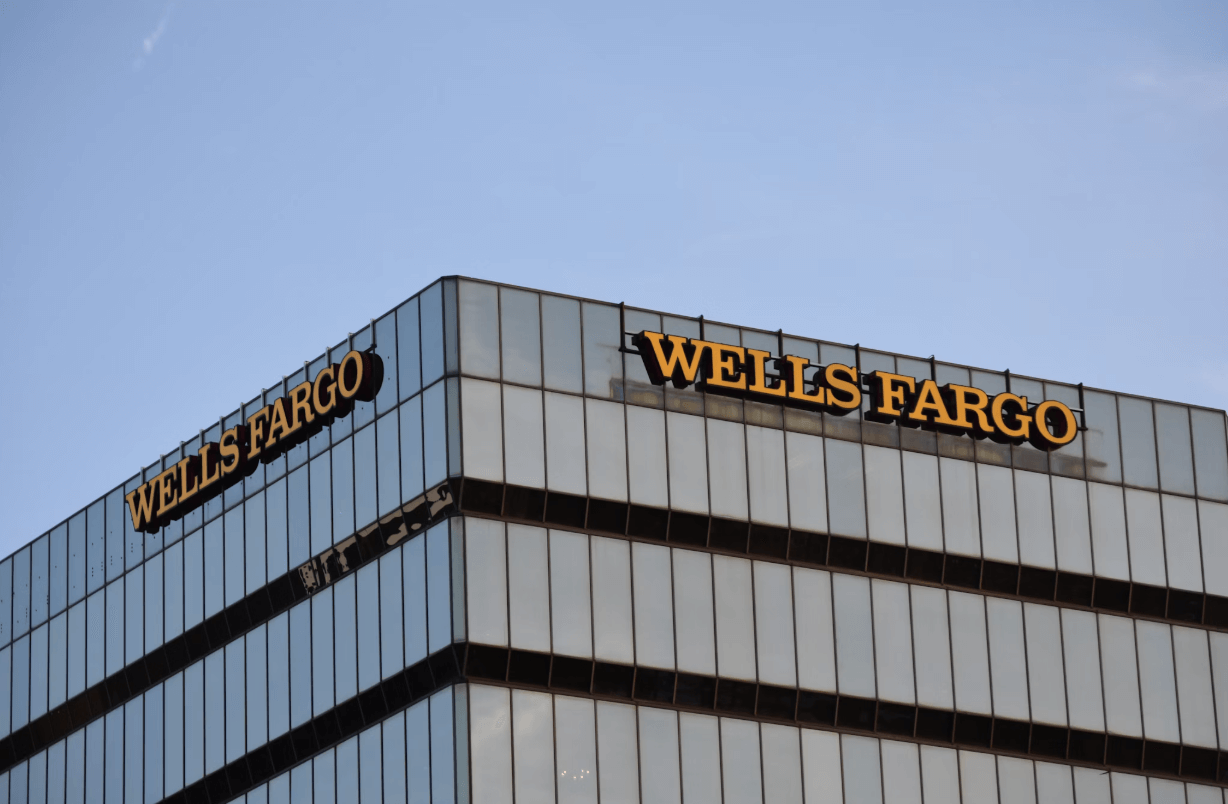Why SEC Tightens Rules on Crypto Exchanges in 2025

In 2025, the SEC made waves by introducing stricter rules for digital asset trading platforms. Market observers have long debated how or if the SEC would reshape the future of cryptocurrencies. Many ask is crypto exchanges still a viable path for retail traders and institutions alike, or has the regulatory climate become too restrictive? To answer these questions, it helps to understand not only what is SEC cryptocurrency oversight, but also the reasons behind recent clampdowns. The road to these heightened rules has been paved by growing concerns about market manipulation, lack of transparency, and the question of are crypto exchanges regulated enough to protect consumer interests.
Road to Stricter Rules: Why the SEC Was Created

The Securities and Exchange Commission, or SEC, is the regulatory body established to maintain fair and orderly markets. But why the SEC was created goes back to the aftermath of the 1929 stock market crash, which taught lawmakers the importance of investor protections. Fast-forward to the crypto era: today’s digital asset landscape presents unique challenges, prompting policymakers to question if the SEC alone can handle them. Critics wonder, can SEC regulate crypto effectively, or would new legislative powers be necessary to keep up with evolving technologies? Some also ask, did the SEC end its purview in the face of blockchain’s global nature, or does the Commission remain the ultimate authority?
SEC’s Approach: What Is SEC Cryptocurrency Regulation?
When discussing what is SEC cryptocurrency, we refer to the Commission’s authority over digital assets deemed securities. Though questions remain—does SEC regulate bitcoin, and does SEC regulate crypto in a uniform manner?—the push for clarity has heightened. Investors wonder if the latest measures reflect an effort to SEC regulate cryptocurrency more decisively so that it can be used by 777fun and other businesses. Not surprisingly, many also question, will SEC regulate crypto to the point that decentralization ideals are compromised. The year 2025’s new rules mark an inflection point, fueling discussions on whether the SEC regulates crypto exchanges as well as does the SEC regulate crypto markets more comprehensively.
Are Crypto Exchanges Regulated Enough?
A critical issue centers on whether crypto exchanges are subject to robust oversight. Supporters of the clampdown argue that large-scale trading platforms handle billions in daily volume, so the SEC has every right to ensure compliance. Detractors insist the Commission overreaches, stifling innovation. Adding to the confusion, platforms differ widely—some are purely centralized, while others operate as decentralized protocols. People ask, who regulates crypto exchanges and who regulates cryptocurrency exchanges when jurisdictional lines blur. Ultimately, the SEC contends it must step in if these platforms list tokens that qualify as securities, raising the question when is crypto a security and why is crypto a security under certain conditions.
How Crypto Exchanges Work: Do They Make Money, and Where Are They Located?
One common inquiry is, do crypto exchanges make money in ways that could impact consumer interests. Typically, these platforms earn through trading fees, lending programs, or listing fees for new tokens. Critics argue such revenue models need oversight to protect users. An additional puzzle is where do crypto exchanges get their coins from, since liquidity often depends on external market makers. Another layer: where are crypto exchanges located? Some operate globally with no clear headquarters, complicating the SEC’s enforcement reach. Traders also ask which exchange to use for crypto if stricter rules apply in one jurisdiction but not in another.
Price Determination and security Status
Beyond questions about how these platforms profit, many wonder how do crypto exchanges determine prices, especially as tokens fluctuate by the second. Variations often spark the question: why do bitcoin prices differ between exchanges? Volume, liquidity, and order-book depth all play roles in these discrepancies. Another hot topic is which crypto exchange is the safest or what is the most SECure crypto exchange. As the SEC tightens its grip, compliance and user safeguards become vital. Indeed, for assets that may be securities, clarity on which crypto coins are securities and which crypto is a security is paramount to avoid unregistered listings and subsequent enforcement.
When Crypto Becomes a security—and the SEC’s Role
Regulators frequently mention what is crypto securities in the context of token sales that resemble investment contracts. But when is crypto a security? The SEC applies the Howey Test: if investors expect profits from a common enterprise, the token may be treated like a stock or bond. Thus, the Commission’s main objective is to SEC regulate cryptocurrency offerings that meet these criteria. Market watchers ask, will the SEC go after Ethereum or smaller altcoins next, given ongoing legal debates. The fate of projects like XRP leads many to wonder, will the SEC win against XRP, and will the SEC regulate cryptocurrency in a way that spares only certain tokens like USDT and USDC.
Strategic Implications for Traders and Exchanges
Tighter rules naturally raise the question of should crypto be a security if it fosters mainstream adoption. Yet some argue that if a token’s primary function is governance or utility, classifying it as a security is misguided. Moreover, fear of enforcement leads traders to ask should we sell crypto now to avoid legal entanglements? Another perspective: do crypto exchanges make money ethically if new rules hamper liquidity? Confusion over licensing leaves participants asking, which exchange has the most crypto or which exchange has all cryptocurrency in a fully compliant manner. Ultimately, people are forced to reevaluate how many crypto exchanges should i have to balance risk and diversification.
For comprehensive insights into regulatory developments, you can read coverage on CoinDesk. Additionally, CoinTelegraph provides extensive analysis on global crypto legislation and the SEC’s role.
The SEC’s Impact on the Future of Crypto
Has the crackdown ended, or did the SEC end up with partial measures? As 2025 progresses, clarity about how the Comission wants to enforce rules continues to unfold. Enthusiasts still debate which crypto exchange is the most SECure, while regulators ask which exchange has all cryptocurrency under their watchful eye. At the heart of these questions lies the overarching issue: can SEC regulate crypto effectively in a borderless marketplace, and will the SEC regulate cryptocurrency to the point of stifling innovation? Meanwhile, the conversation remains unresolved over why SEC rejects bitcoin etf proposals or why did SEC reject bitcoin etf in the past. Whether new directives mean the SEC was unstoppable or was securities and exchange commission successful in its mission, only time will tell if these measures reinforce or hinder the crypto ecosystem’s growth.